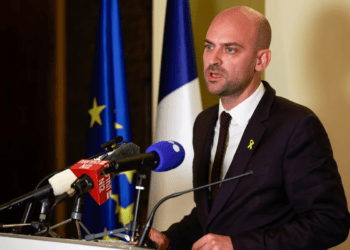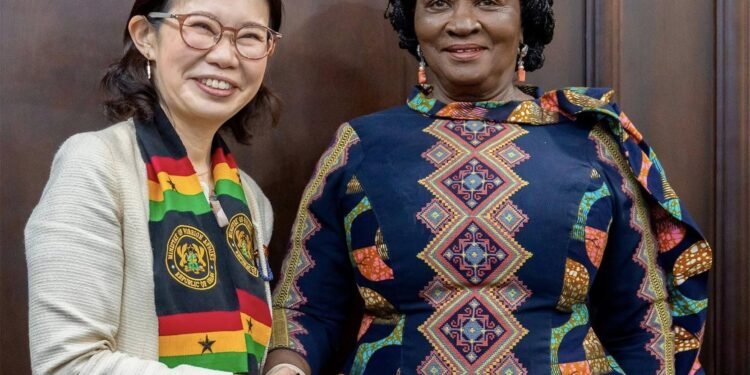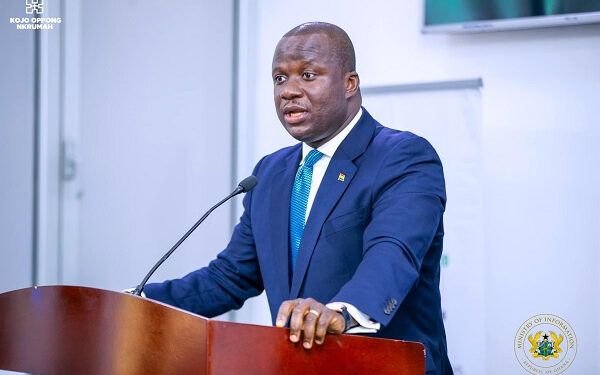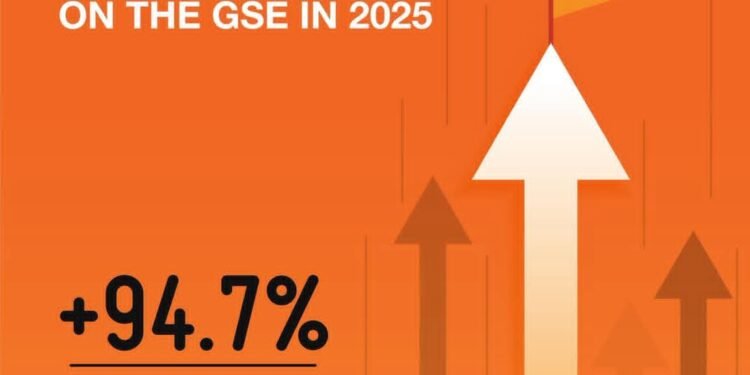Russia has launched a massive air strike on Ukraine’s energy system.
Kyiv’s air force disclosed that air defences destroyed 102 missiles and 42 drones launched by Russia during its latest airstrike.
It was reported that Russian forces had launched a total of 120 missiles of various types, including hypersonic ones, and 90 drones across Ukraine.
The attack resulted in the death of about seven people.
Two people were killed in an attack on a rail depot in the Dnipropetrovsk region of central Ukraine.
Meanwhile in Lviv, near the border with Poland, the region’s Governor said that a woman in a car was killed by the attack.
Another two people were also killed in the southern Odesa area.
Ukrainian President, Volodymyr Zelenskyy also announced that two people had died in the southern Mykolaiv region during the barrage from Russia.
Ukraine’s Foreign Minister, Andrii Sybiha posted on X that it was an attack against “peaceful cities, sleeping civilians, critical infrastructure” and criticised politicians engaging with Russian President Vladimir Putin.
In an apparent swipe at the German Chancellor, Olaf Scholz, who placed a phone call to the Russian leader on Friday, November 15, 2024, for the first time since December 2022, Sybiha said, “This is war criminal Putin’s true response to all those who called and visited him recently.”
He added that Ukraine needs peace “through strength, not appeasement.”
Power cuts were reported around the country though it was unclear how serious the damage was as some outages were deliberate to protect the wider network from surges.
Ukraine’s largest private energy provider, DTEK said that the Russian air strikes has “seriously damaged” equipment at thermal power stations.
In a statement on X, it added that its employees were working on repairing the equipment, but did not specify what exactly had been hit.
According to the energy company, the attack marks the eighth time Ukraine’s power grid has been targeted this year, but the first at the onset of winter.
In a post on X later on Sunday, Zelensky stressed that “Russian terrorists are once again trying to intimidate us with cold and blackouts, repeating their actions and trying to get results from them.”
The Russian Ministry of Defense acknowledged the attack in a statement on Telegram, saying that Russia launched a “massive” strike with “high-precision long-range air and sea-based weapons and strike drones” targeting critical energy infrastructure.
The attacks in the early hours of Sunday, November 17, 2024, are the biggest since August.
President Volodymyr Zelenskyy has previously said that Russia’s relentless aerial bombardment with missiles and drones has destroyed half of Ukraine’s energy production capacity.
Kyiv has implored its western allies for help in rebuilding its energy grid – a hugely expensive undertaking – and to supply its forces with more aerial defence weapons.
With the harsh Ukrainian winter fast approaching, the country is already suffering from major energy shortfalls.
Scholz Defends Call to Putin
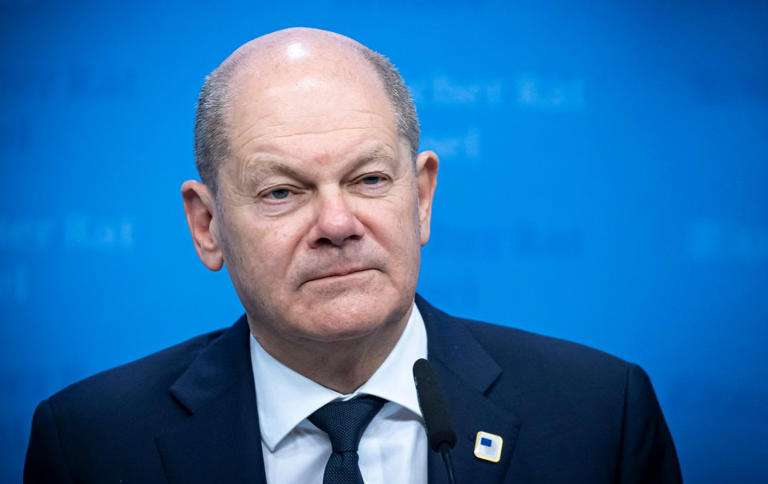
Meanwhile, German Chancellor Olaf Scholz, defended his much-criticised decision to call Russian President, Vladimir Putin.
Speaking from Berlin airport on Sunday, immediately before his departure for the G20 summit in Brazil, Scholz said that it had been worth talking to Putin to dispel any illusions he might harbour that the West was about to abandon its support for Ukraine.
He added, with reference to Donald Trump’s imminent return to the US presidency, that it would also not be good if Washington were in regular contact with Putin while no European leader was.
However, he told reporters that Putin has not shifted in his thinking on the war in Ukraine.
He stated, “The conversation was very detailed but contributed to a recognition that little has changed in the Russian President’s views of the war – and that’s not good news.”
READ ALSO: Musa Dankwah Defends Poll Credibility in Dome Kwabenya





